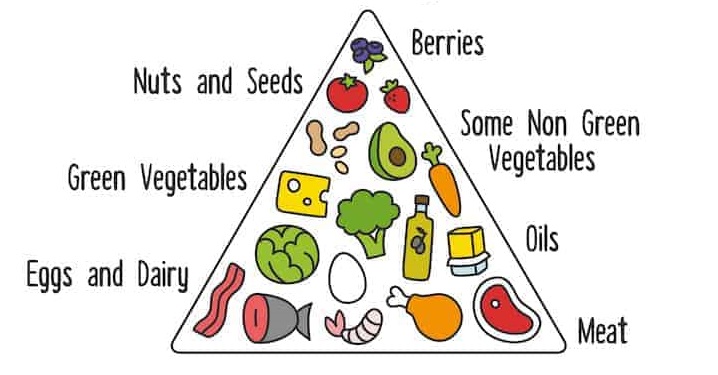What Are Some Common Challenges Of A Keto Diet Plan?
Starting a ketogenic diet plan presents exciting possibilities for weight loss, improved mental clarity, and decreased disease susceptibilities. Nevertheless, prospective participants must acknowledge plausible barriers hindering full integration or maintenance of keto diet plan Dubai. Several common challenges include:
Carbohydrate cravings:
Reducing daily carbohydrate consumption precipitously instigates neurochemical adaptations influencing hunger signals, satiety hormones, and reward centers linked to palatable foods. Consequently, intense desires for sweets, breads, pastas, and other high-glycemic items materialize, tempting individuals to deviate from prescribed parameters. Strategies addressing these yearnings involve gradual reductions in carbohydrate content coupled with increased protein and fat intake, employing alternative sweeteners sparingly, and engaging in pleasurable non-food activities to distract from nagging impulses.
Social isolation:
Compliant engagement in social gatherings often proves challenging given the ubiquity of carbohydrate-laden fare. Restaurant dining, workplace celebrations, and familial events introduce formidable obstacles requiring tactful navigation. Forethought entails reviewing menus before arrival, requesting accommodations from hosts, preparing acceptable side dishes, and locating nearby eateries offering compatible entrées. Patient negotiation skills coupled with empathetic communication nurture mutual respect and accommodate diverse nutritional lifestyles.
Exclusive focus on macronutrient manipulation sometimes overshadows necessity for vitamin, mineral, phytochemical, and fiber provisions. Reductionism neglects synergistic interactions amongst constituents responsible for optimal cellular functions, immunological competency, and epigenetic expression. Thus, conscious inclusion of nutrient-dense plants, animal organs, and seafood represents important components sustaining overall health whilst pursuing ketosis.
Gastrointestinal disturbances:
Transitioning to augmented lipid and protein ingestion occasionally triggers undesirable gastrointestinal consequences including nausea, vomiting, diarrhea, constipation, or abdominal discomfort. Rapid escalations in fat intake surpassing digestive capacity drive these responses, warranting measured increases alongside progressive restriction of refined carbohydrates. Additional strategies consist of probiotic administration, soluble fiber supplementation, and staggered introduction of novel food items.
Metabolic fluctuations:
Initiating a ketogenic diet inevitably generates variations in circulating glucose, insulin, cortisol, thyroid hormones, sex steroids, growth factors, and appetite regulators. Such perturbations manifest in mood swings, lethargy, sleep disturbances, temperature irregularities, or diminished cognition. Anticipatory recognition coupled with prolonged patience allows eventual stabilization once homeostasis prevails.
Termination of strict adherence risks rapid regression back to former patterns characterized by hyperphagia, sedentary behavior, and poor food choices. Maintenance mode mandates continued vigilance surrounding environmental cues, emotional triggers, and habit formation. Persistent application of acquired skillsets preserves hard-won victories against obesity and comorbid disorders.










